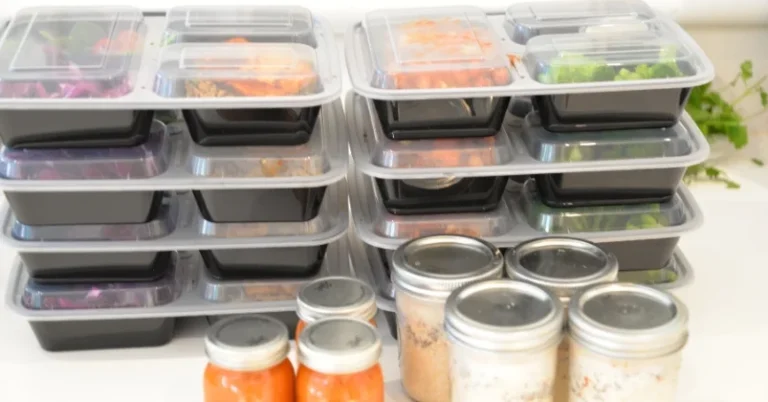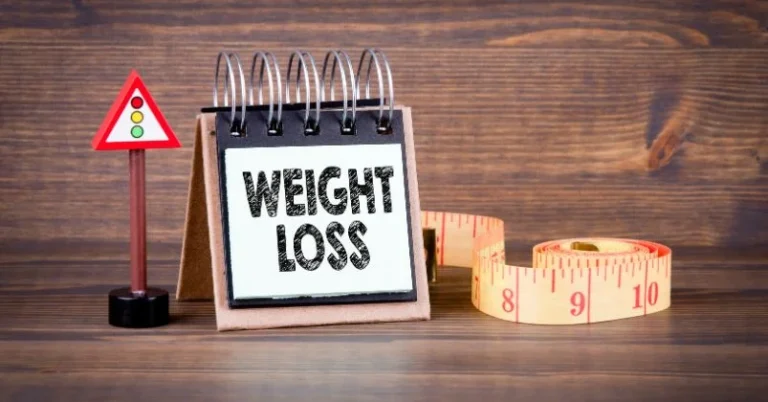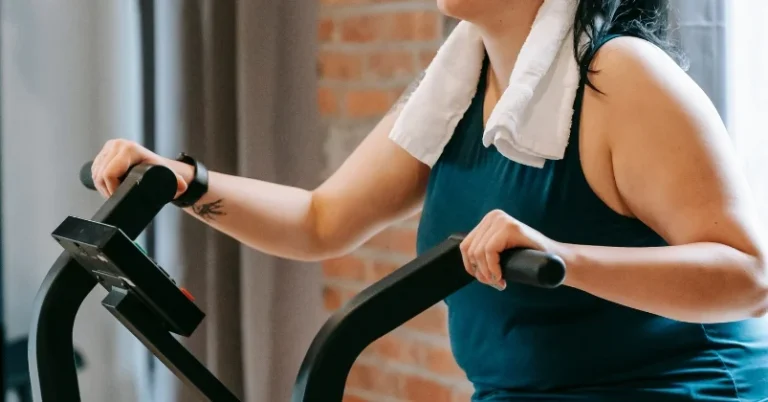How to Lose Weight During Menopause
Learning how to lose weight during menopause can be a daunting task, but you can do it. Weight gain doesn’t have to be inevitable. Learning what happens during, and how to counteract the effects of, menopause is essential to losing weight during this time and keeping it off. One way of eating that has been HUGELY successful for many menopausal women: Intermittent Fasting with Weight Watchers
How to Lose Weight During Menopause
Why am I gaining weight during menopause? What are some factors that are causing me to gain weight? Will a low calorie diet help? Do I have to exercise and how much do I have to do? Is there a quick way to lose weight during menopause? Let’s jump right in and get these questions answered.
Why Do I Gain Weight During Menopause?
First let’s talk about why you are gaining weight and why it is hard to lose weight during this time. Everyone is different and how your body reacts during the menopause stage in life will vary also. During menopause and the years leading up to it your metabolism slows down, your resting calories burned decrease, and you lose muscle mass, all of which leads to an increase in stored fats. Menopause may make you feel more tired or worn out, slowing down your physical activity which also slows your metabolism and contributes to increased fat storage and weight gain.

Low Calorie Diets
Adopting a low calorie diet may seem like the answer. Starting a low calorie diet is by far the worse thing you could do. An extremely low calorie diet will reduce muscle mass, less muscle mass means less calories burned, a slower metabolism, and more fat stored, this equates to weight gain not loss. Low calorie diets are not long term sustainable so once you are done with the diet you tend to gain the weight back and more. During your time on the diet you may feel sluggish and tired, which may cause you not to move as much and slows down your metabolism even further. If that were not enough, lower caloric intake plus decreased muscle mass may lead to bone loss and osteoporosis. There is no real upside to low calorie diets. You need to make a lifelong change that will benefit you now and throughout your life. A lifestyle change not a diet.
Other Factors of Menopause Weight Gain
The hormonal changes of menopause might make you more likely to gain weight around your abdomen than around your hips and thighs. But, hormonal changes alone don’t necessarily cause menopause weight gain. Instead, the weight gain is usually related to aging, and the loss of muscle mass, as well as lifestyle, if you live a sedentary lifestyle this may be a contributing factor. Lastly genetic factors come into play, look at your mom and aunts if they have weight gain around the middle then you are more than likely going to also. Lack of sufficient sleep is another contributing factor to weight gain, especially during this transitional time. When people don’t sleep enough they tend to snack more and consume more calories.
Menopause weight gain can have serious implications for your health. Excess weight increases the risk of heart disease, type 2 diabetes, breathing problems and various types of cancer. There is a light at the end of the tunnel keep reading.

How do I lose the Weight?
Diet and exercise is the number one way to lose weight during menopause. You can even avoid the weight gain by increasing your physical activity before menopause and sticking to a healthy diet. I know, it seems like the answer we always hear but the real question is how much exercise and what is a healthy diet for me? Remember at the beginning we said everyone is different and what is right for you will be different than what is right for someone else. Enter Weight Watchers Freestyle plan. Weight Watchers Freestyle plan helps you to regulate portion sizes as well as helping you to eat healthier. Eating a healthier diet is only half of the equation and I know you don’t want to hear this but…

Exercise
Exercise is the other half of the equation and is just as important as your diet. One of the main reasons for the weight gain during menopause is a lack of exercise. If you lead a sedentary lifestyle get up and move. I love this post about How to get moving again. Make it fun, do something you can look forward to doing on a daily or weekly basis. Need some ideas? Bowling on a league, A daily walk around the local mall or a hiking trail, walk the dogs twice a day, get a fitbit and show it who’s boss by blowing that 10000 steps goal out of the water everyday. Exercise helps you to maintain muscle mass and even build more. Muscle cells burn more calories than fat cells, and they do it faster. If you are busy and just don’t have time for a workout then move during work. Change your routine to include more walking, wear ankle weights or wrist weights, Do what it takes to achieve your goals. The key to losing weight during menopause and the reason you have read this far, is you want to lose the weight. You want to see a difference and feel better. So do everything you can to make that happen. You are successful at your job, you are successful at home, you will be successful here too. A little knowledge about why you are gaining weight and a plan to get the weight off combined with your attitude and perseverance, will help you to get to your goals.
I Feel Tired
Feeling sluggish and tired get up and move get your blood flowing. Feeling tired and just want to lay in bed, but you know you need to get things done? Get up and stretch, feel your body wake up and become more energized. If you don’t think this helps try it and see. Stand up right now and reach for the ceiling or the sky if you are outside. You feel much better with just that one little move. Get moving no matter what. Every little bit helps. Don’t let excuses keep you from success. If you are truly feeling tired get some rest, another factor mentioned earlier is getting enough sleep. Ensure you are getting a good night’s rest, sleep helps the body to heal and reset. Sleep lets your muscles heal from the day before, it also lets your mind rest. The point, get enough sleep and let your body heal and recover from yesterday’s activities before starting a new day.
The Quick Way
There is no magic way to lose weight or maintain a healthy lifestyle. No quick fixes here but long term success is achievable. You have to work at it. You have to consciously monitor what you eat and how much you move. To be successful you have to put the effort in. Follow weight loss basics, eat well balanced meals, smaller portion sizes, and limit your fat and sugar intake. These suggestions combined with an exercise regime of at least 150 minutes of walking and 75 minutes of brisk walking or jogging a week. You can substitute these with other aerobic exercise like swimming and biking. Keep going don’t ever quit and you will live the life you want and feel great doing it.









I am confused about the last paragraph. Do really mean that my goal is 150 HOURS of walking and 75 HOURS of jogging per week. Perhaps it should read minutes? 225 Hours per week of exercise is not a feasible number. Can you clarify
I am sorry for the typo thank you for pointing it out. I have corrected it. I appreciate you taking the time to let me know about the mistake so that I can continue to give great advice and ideas.
Very informative and written in a way that we can all understand – Nice job!
Thank you if I can help in any way please feel free to reach out. 🙂
Are they doing meetings at WW
Some places are some are not. You have to check your area.